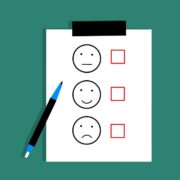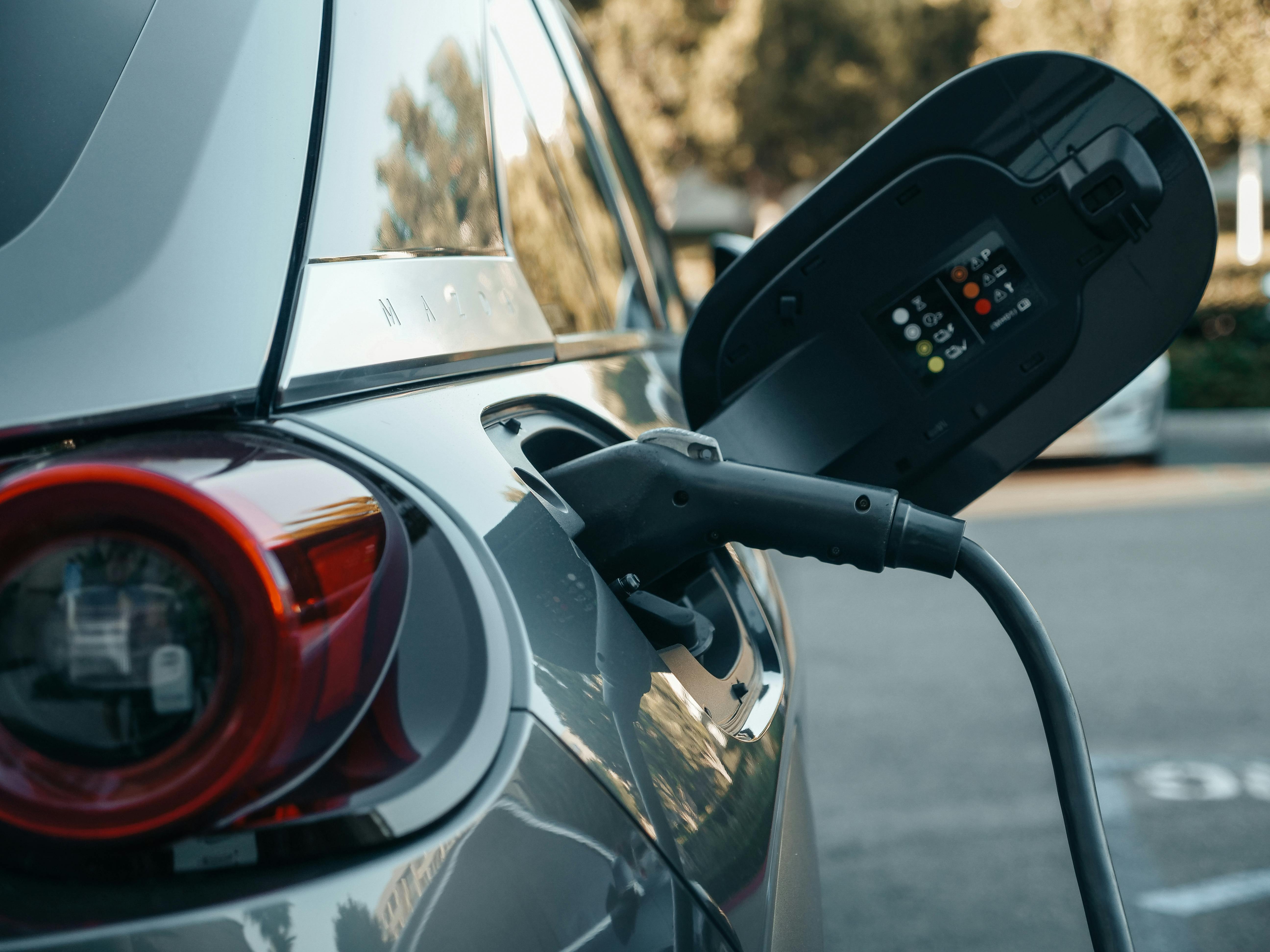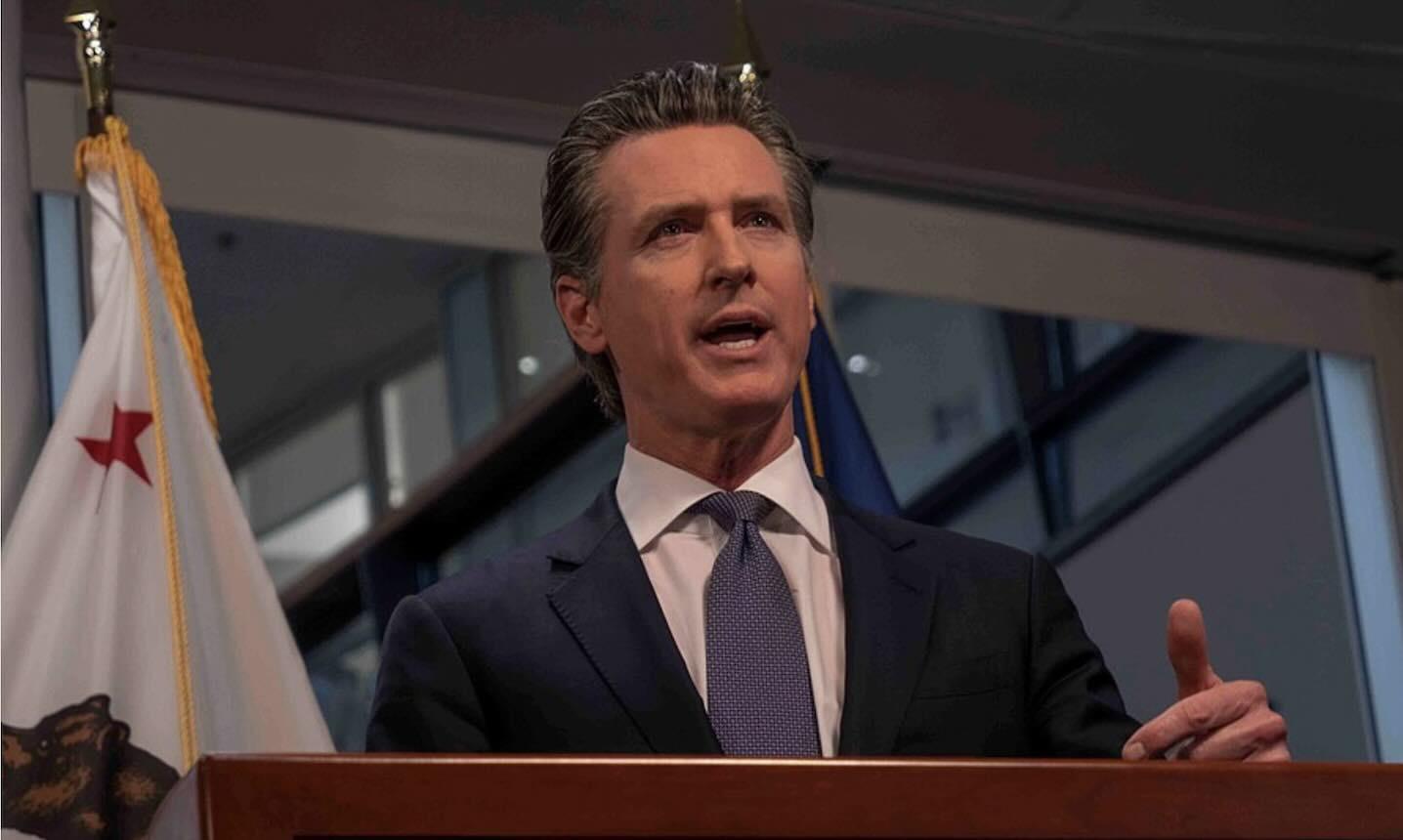A NEW poll released on Monday, December 16, showed that no presidential candidate is a clear favorite yet among likely voters in California. The results come days before a scheduled Democratic debate in Los Angeles, and a few months before California primary elections take place in March.
The Change Research poll was conducted for public media outlet KQED over the course of five days, and surveyed 1,565 likely general election voters in California, including 862 likely Democratic primary voters.
Closely leading in popularity among California Democratic primary voters in December were Bernie Sanders (26%), Elizabeth Warren (23%), and Joe Biden (19%). Following were Pete Buttigieg (12%), Andrew Yang (4%), Michael Bloomberg (3%), Tulsi Gabbard (3%), Julián Castro (3%), and Tom Steyer (2%).
Breaking support down by age, Sanders had the lead among 18-34 year-old voters in California (39%), followed by Warren (26%), and Yang (13%). Sanders also had more support among 35-49 year-old voters (32%), followed by Biden (26%) and Warren (13%).
However, among voters 50-64 years old, Warren (26%) took the lead followed by Biden (9%) and Buttigieg (9%). Warren also took the lead among voters 65 years and older (27%) over Biden (26%) by one point, followed by Sanders (17%) and Buttigieg (17%).
The statewide online poll was the first to be conducted since California Senator Kamala Harris announced she was dropping out of the race earlier this month. In October, Harris came in fifth with 8% support.
Strong AAPI support for Biden and Yang
For surveyed Asian American and Pacific Islander (AAPI) voters, most reported support for Biden (32%) and Yang (28%). Sanders followed with 17% support, with other candidates receiving less than 10% support.
Among black voters, Biden far surpassed other candidates with 47%, followed by Warren (13%) and Cory Booker (12%). Sanders was the leader among Latino voters at 37%, followed by Warren (17%) and Biden (16%). For white voters, Warren (31%) lead Sanders (23%), Buttigieg (21%), and Biden (15%).
“Interesting to note that when it comes to nonwhite voters, we see that Julián Castro and Andrew Yang can count on widespread support from Latino/Asian voters respectively, but the same is not true for African American voters who as in South Carolina, overwhelmingly support Biden,” Change Research co-founder Pat Reilly told KQED.
Eyeing the AAPI vote in 2020
Earlier this year, the California Secretary of State announced that California hit a new record for voter registration, surpassing a 20 million threshold — a number the secretary said was greater than the population of Texas and Florida.
Included in that growing number are members of the AAPI community who have been seen as having potential to influence the outcome of California’s 2020 primary election in March. According to voter registration numbers, AAPI voters made up about one out of every six voters in California as of February.
This influence potential has already been proven during the midterm elections last year when 77% of AAPIs brought over a “blue wave” by voting Democratic candidates, according to an NBC News exit polling. This, compared to 24% who voted for Republicans.
In Southern California’s Orange County, AAPI voters were seen as being responsible for turning the longtime GOP stronghold to one represented entirely by Democrats.
But with the 2020 election cycle fast approaching, experts say there’s still much to be addressed. For one, there are still many who remain unregistered to vote. In California where Filipinos remain the largest AAPI population, only 33% were registered to vote in the last election cycle.
And even with the noticeable growth and influence potential of the growing AAPI community, many voters remain persuadable.
AAPI Data, an organization that publishes policy research and AAPI demographic data, found that many AAPI voters remained undecided as of October.
According to the October survey by AAPI Data, AAPI eligible voters in California held a mostly unfavorable rating towards President Donald Trump, with the exception of the Vietnamese community. Yet while a Sanders and Biden received higher percentages of favorability, a high percentage of AAPI respondents said that they also “haven’t heard enough” or didn’t know enough about the other Democratic candidates.
Another AAPI Data survey in 2018 revealed that the majority of AAPIs were not contacted by either Democratic or Republic parties. This has been attributed to lack of awareness, lack of staff and resources, and willingness to outreach.
Hasan Minhaj, host of the Netflix show “Patriot Act,” dove into the issue last week and explained that despite the AAPI community’s growing numbers, they’ve continued to be ignored by politicians and mainstream media.
“Some of the lack of mobilization is also because the majority live in deeply blue states like California, New York, New Jersey, and Illinois where presidential elections have not been very competitive,” said Minhaj. “But even in non-presidential elections, both Democrats and Republicans have been very late to the game when it comes to investing heavily in AAPI outreach.”
In September, Democratic presidential candidates Yang,Gabbard, and Tom Steyer, made an effort to reach out to AAPIs by participating in what was billed as the first-ever Democratic national forum for the AAPI community. (Rae Ann Varona/AJPress)






